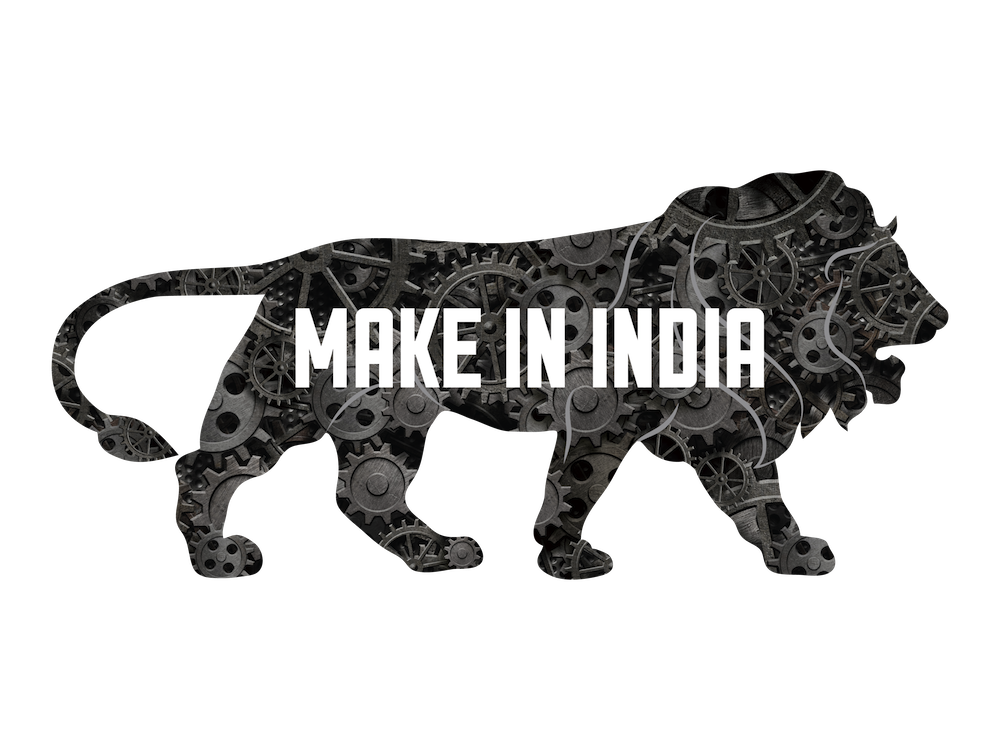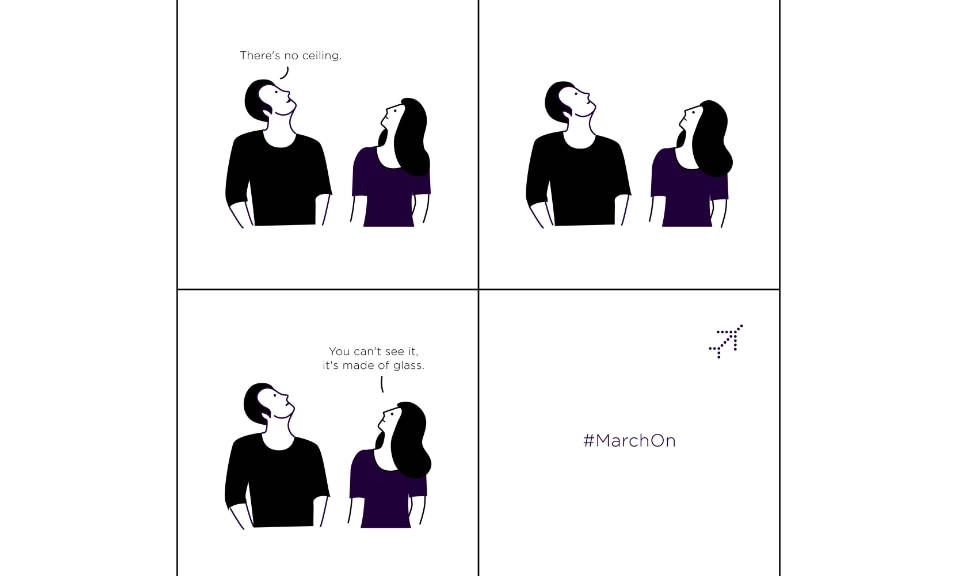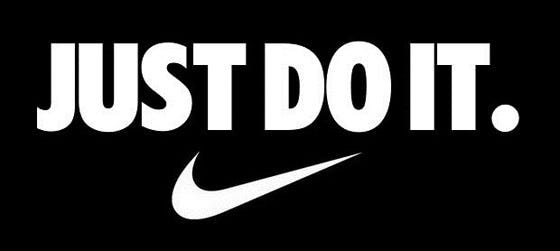"Impossible Dream": Why Wieden+Kennedy couldn't 'just do it' in India
From some calling it an insignificant development to many seeing it as long time coming, Wieden + Kennedy’s shutdown in India has industry watchers mulling over what could have saved the iconic global indie agency.
ADVERTISEMENT
Amidst the festive cheers, October came bearing somewhat awful news for employees at the Wieden + Kennedy (W+K) in India. The independent American advertising agency on October 3 announced that it is winding up its operations in the country. The news was announced soon after the agency's chief creative officer (CCO) Santosh Padhi (Paddy) and president Ayesha Ghosh said they had tendered their resignations.
While the global advertising company is still trying to figure out how the Indian market fits into its future plans, a handful of industry watchers have called the development ‘insignificant’ given the country is already busy producing some of the best works on the global scale without the help or tag of any global multinational company.
For others, it was a slow death of the agency in India, that lacked creative vision and individuals for some time now.
V. Sunil, creative director - Motherland .POTNTIAL— and the man behind the 'Make in India', Royal Enfield, IndiGo airline ad campaigns, all of which once were under the W+K roaster— tells Storyboard18 that the lack of good leadership has resulted in the unfortunate failure of the agency in the country.
Sunil quit as the executive creative director of W+K (Delhi) in 2016.

“W+K has always had great people and it was almost like a sort of cultural force that attracted a great talent rather than just an advertising agency. However, it struggled with getting the right leadership team after 2016 and one could see that from the work- there was a sudden drop, and a lot of the good people left thereafter,” he says.
Both Dan (Wieden) and David (Kennedy) wanted to have the same sensibility as Portland in Delhi— and globally, they always had a strict guiding principle when it came to hiring people, especially in the leadership team.
Therefore, Sunil notes that it has always been difficult to get the right people.
Typically, the ideal/perfect model for the W+K office would be: one-third W+K global, one-third the culture of the city/country, and then one-third the leadership team (mainly the creative director of the office whose characteristics merged with the global team).
“It's almost very cultish and it's very difficult to then scale up that kind of model. You need to always be finding those kinds of people, otherwise things fall apart,” he adds.
The result of which, according to him, also was reflected in the agency’s billing.
“When we departed there was Indigo, Royal Enfield, and Make in India— all iconic brands on board, not just a small one-campaign brand— so that affected the revenue, otherwise they would not shut down, especially in a time when India is a big market and most important economic powers in the world. This is the time to rejig and re-energise and not shut down,” he remarks.

Wieden + Kennedy (India) played a key role in establishing IndiGo’s presence in the Indian market from 2008 to 2023.
It is to be noted that W+K was known to charge a premium on the promise to deliver quality work. Today, in the country it works with the likes of Hero MotoCorp, Jockey, Casio, and Clove(Dental), among others.
KV Sridhar aka Pops, Chief Creative Officer Global, Nihilent notes that the failure can also be blamed on the agency’s inability to adapt to the local culture. Meanwhile, its success so far can only be attributed to Sunil and Paddy’s creative force.
“When W+K first came to India there were expectations in the sense will they ever be successful outside Portland, given they tried in multiple places like the UK, and Singapore but didn't even manage to get as close to their original officer stature.
They failed in India because they could not replicate the work of the iconic brands on which they built their reputation,” he says.
“Strong agencies including the likes of Ogilvy, Leo Burnett, and BBDO went ahead and replicated the culture ethos and values in different locations, and therefore in the last 40 years all these have become global companies. All of these have started as individual offices or individuals but they managed to manage to adapt to different cultures and do it right,” he points out.
Best known for its work for Nike and its 'Just Do It' tagline, W+K globally has served some of its biggest clients including Facebook, Coca-Cola, P&G, and Old Spice.

Dan Wieden coined the tagline Just Do It for the then-smaller sportswear brand based out of Oregon (Nike).
It becomes all the more interesting to note that while W+K existed in India, it was McCann and Leo Burnett who stole the show on Coca-Cola, it was Taproot, and then JWT who stole the show on Nike in India.
From cultural force to being irrelevant
W+K had been in India since 2007 and after singularly operating from the Delhi office for more than 15 years, the agency opened its Mumbai office.
Industry observers do agree that post the ‘V Sunil era’ when W+K had some massive clients, it did hit a bit of a lull.
However, they did have some good new business years since the Covid-19 pandemic, and bringing in new blood did help. More recently as well they won some decent-sized businesses and reportedly for the first time also registered a profit margin.
But while these are "decent-sized" from the perspective of a small/mid-sized agency, they weren’t enough to propel W+K into a giant, according to Adityan Kayalakal, marketing head & founding member at Veera.
“What did not work for W+K are the ticket sizes even for large-size businesses. A $1mn client would be seen as a reasonably large client in an Indian ad agency - but that’s a drop in the ocean for W+K globally which did about $670mn in revenue in 2023. So even an office with 10 such clients (hardly an easy task for an agency of its size) would be a rounding error in the larger scheme of things for W+K globally,” according to him.

To create awareness for famous Royal Enfield's gear, Weiden + Kennedy (India) showed real riders in real (but intense) riding environments.
It is to be noted that on average, a smaller/local unit of any global company is required to earn ten times more than its expenses because of the global fee, management fee, and corporate fee— all while maintaining its margins.
So while W+K did some effortlessly cool work in its glory days, Kayalakal notes that the scale W+K expected from the market was missing and 15 years of investing in a market without the necessary return would have dampened any further interest in the market.
Naresh Gupta, co-founder, Bang In The Middle partly blames the failure on the flat year of the Indian advertising industry.
“What we are seeing is the impact of a flat year for the advertising industry. In India, the year may have even been a year of de-growth. Fundamentally the ad business is changing. The clients are spending far less on collaterals than what they used to spend earlier. For instance, there was a time when the retail collaterals for brands were done by creative agencies. All that is now decentralised or being moved to cheaper agencies. The large agencies are looking at a bleak future where the revenues linked to a large dedicated team are changing to more tactical,” he remarks.
Additionally, what W+K has experienced in India is the lack of support from global operations and very little business from Indian brands.
“They had accounts, but they were not enough to sustain an agency operation. They lost the likes of Indigo, Royal Enfield— so they must have been under pressure,” he opines.
Is Indian advertising land still robust?
Advertising agencies have had good and bad days in the last decade and a half.
There is a lot more fragmentation, a lot of different pieces of the pie, and tough competition for fees and businesses as the number of players vying for business has grown. The need to evolve has brought them to new frontiers of the marketing business - CRM, social, business and digital transformation, etc – but these have also brought in new competitors and new entrants from adjacent industries looking to take away business, like Accenture with their division Accenture Song.
But businesses are growing as are marketing needs, sums up Kayalakal.
“I don’t see advertising agencies going away entirely as some people prophesied over the last 10-15 years. Agencies and their networks have shown that they are resilient, adaptable and have been able to stay relevant. The business will continue to change and evolve as technology and consumers continue to change,” he says.
So while for W+K India might not make sense anymore, networks like Publicis Groupe, WPP, Dentsu, Omnicom, Interpublic and Havas have built hugely profitable businesses in the country which contribute significantly to their global numbers— which are expected to stay committed and invested to this market.
Given that the advertising industry’s health is in robust shape, Sridhar has a piece of advice for global firms as they continue to eye the Indian market.
“One cannot be sitting with a high-end image of themselves and then play with the local talent or a local client. Global companies need to acknowledge that individual talent is far more important than any multinational company tag.”
He goes on to add, “Today either you survive as a large global player or you survive as a talented individual agency.” If you are a truly global company, be like Leo Burnett, Ogilvy, and McCann— these are the only three companies that manage without global interference and make a difference to their global clients and also to local talent and local clients.
For his part, Sunil emphasises the need for great talent in the country and how he sees that gap widening— also one of the reasons why agencies do fail to take off.
“The problem today is agencies are busy learning digital rather than focusing on the real talent of their craft and storytelling— the reason why we don't see iconic work coming out of many places anymore. If you don't have the right people running an agency, you will become irrelevant,” he shares.
However, according to him, when there is real talent and real work, there is a market for that and the brands today need it more than ever— given a lot of young companies that are well funded but spending money on mindless marketing gimmicks.


